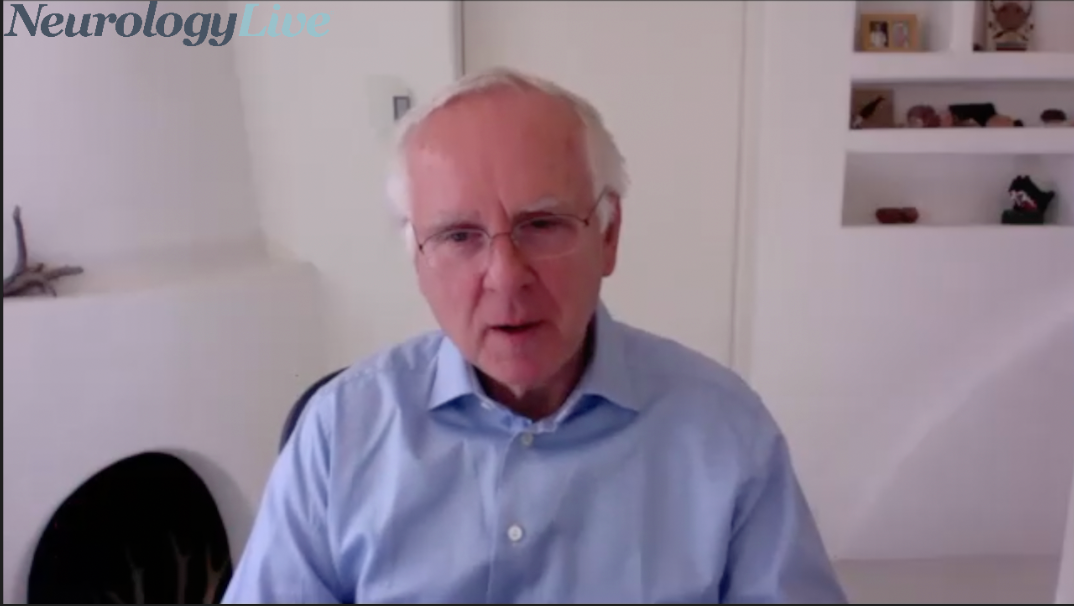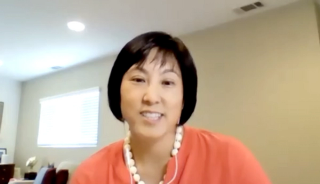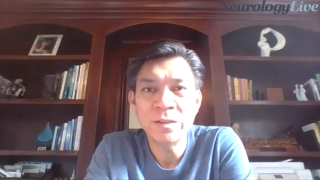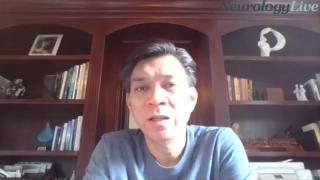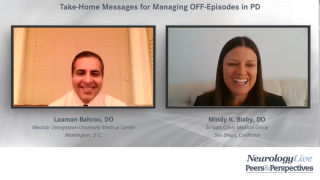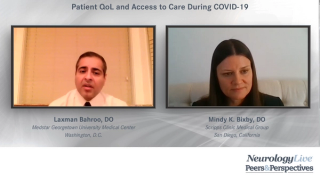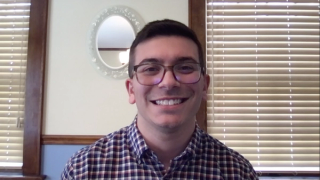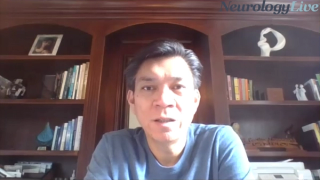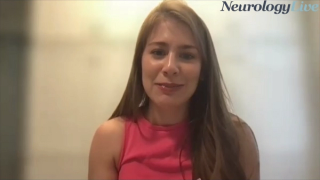
Movement Disorders
Latest News
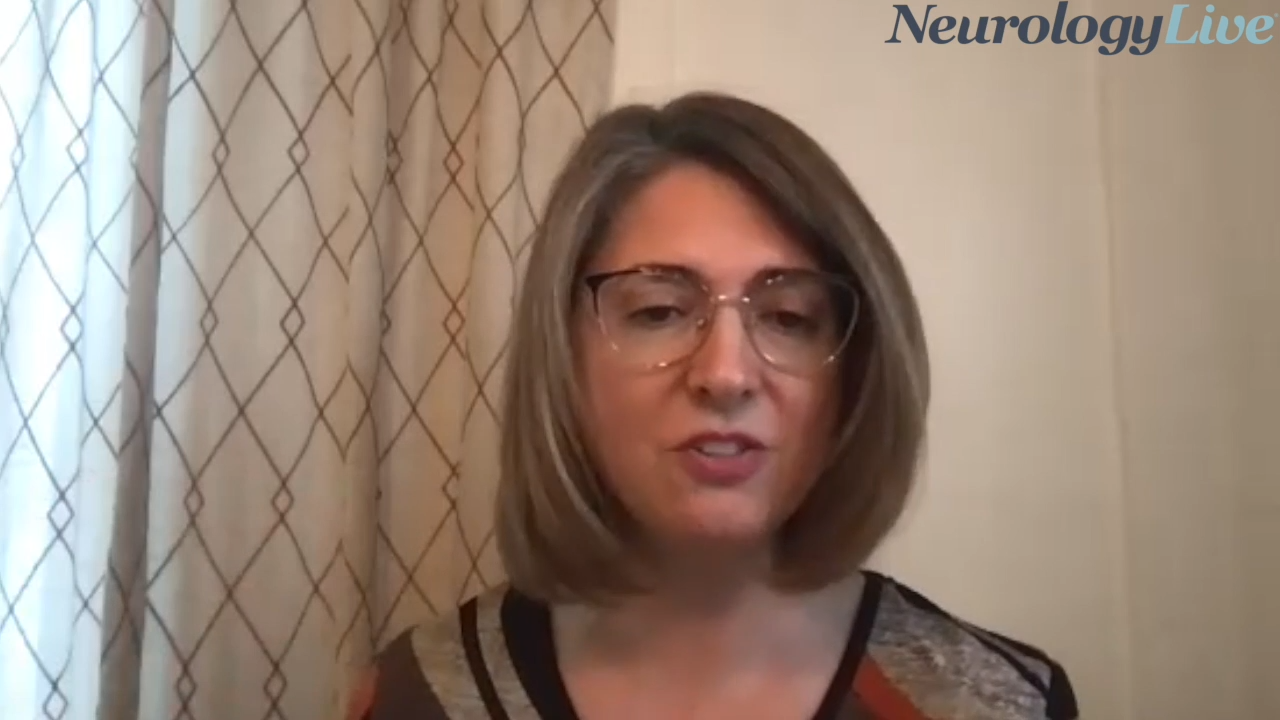
Latest Videos

CME Content
More News
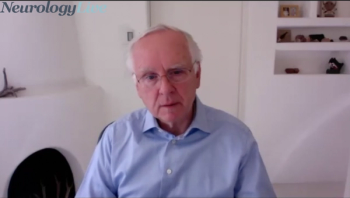
The neurologist at Christus St. Vincent Health System discussed why social behaviors are an important component of optimal care for patients with Parkinson disease and the need to improve social support for this population.[WATCH TIME: 3 minutes]

Here's what is coming soon to NeurologyLive®.

Test your neurology knowledge with NeurologyLive®'s weekly quiz series, featuring questions on a variety of clinical and historical neurology topics. This week's topic is epilepsy and seizure disorders.

The pandemic has highlighted several large gaps in care that have created challenges for individuals with Parkinson disease, including a framework for addressing mental health and loneliness, and proper care for women with PD.

Take 5 minutes to catch up on NeurologyLive®'s highlights from the week ending April 22, 2022.
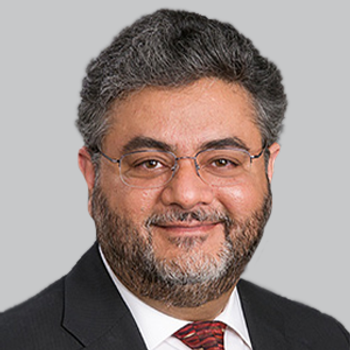
While shutdowns disrupted care for all patients with Parkinson disease, hospitals were forced to postpone elective procedures such as the initial DBS device implantation and implantable pulse generator replacements.

Mind Moments®, a podcast from NeurologyLive®, brings you an exclusive interview with Yasar Torres-Yaghi, MD. [LISTEN TIME: 25 minutes]

AbbVie Pulls Out of Partnership With BioArctic for Parkinson Disease Candidates, Including ABBV-0805
BioArctic CEO Gunilla Osswald, PhD, called the decision disappointing but noted that phase 1 data are supportive of ABBV-0805’s progression to phase 2 and that the company would “investigate options to continue the development” of the α-synuclein antibody.

Expert neurologists provide insight on unmet needs, challenges to improve access to care, and highlight clinical pearls for the management of OFF episodes in Parkinson disease.
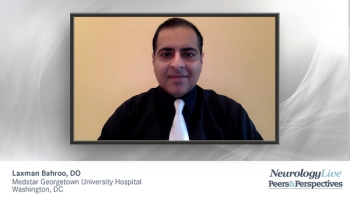
Drs Laxman Bahroo and Sanjay Iyer comment on misconceptions and apprehensions surrounding the use of injectable therapies and the importance of patient education in this setting.
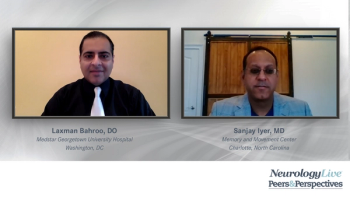
Laxman Bahroo, DO, and Sanjay Iyer, MD, discuss the efficacy and tolerability of subcutaneous and sublingual apomorphine and comment on patient selection for each formulation

The neurologist at Christus St Vincent Health System discussed a recently conducted survey on the effects of social isolation and the need to keep patients with Parkinson disease socially connected.

Despite progress in the understanding of Tourette syndrome and similar disorders, no clear cause of TS has been identified, nor are there treatment options that completely eliminate symptoms.

Parkinson disease is neither imminently fatal nor transient but is incurable, and as it affects individuals differently based on their unique identities, culture, access to health care, and social support, it is vital to empower patients.

Here's what is coming soon to NeurologyLive®.

Test your neurology knowledge with NeurologyLive®'s weekly quiz series, featuring questions on a variety of clinical and historical neurology topics. This week's topic is headache and migraine.

When controlling for insulin and body mass index, the association between physical activity and cerebral glucose metabolism remained unchanged, while the association with gray matter volume was lost.
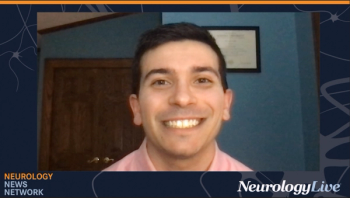
Neurology News Network for the week ending April 16, 2022 [WATCH TIME: 3 minutes]

Take 5 minutes to catch up on NeurologyLive®'s highlights from the week ending April 15, 2022.

The 2 older patients, ages 47 and 51 years at last evaluation, were ambulatory in their first assessment in 2014, but were no longer able to walk in 2019 when the second assessment was done.

Key opinion leaders in movement disorders evaluate the potential benefits and effect of an apomorphine infusion currently in development for the management of OFF episodes in Parkinson disease.

Expert neurologists review the delivery systems of various on-demand therapy formulations and comment on their advantages and disadvantages.

A recent study showed that use of STIMVIEW XT helped adjust patient stimulation by an average of 20 minutes, lowering the programming time by 56%.
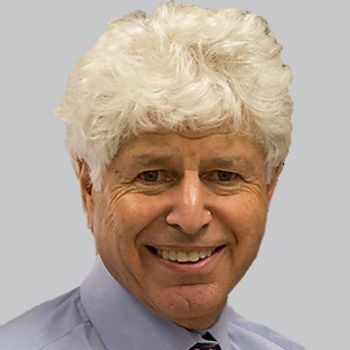
The investigational agent was well-tolerated, with no new safety signals and no indication of worsening of supine hypertension based on 24-hour monitoring.
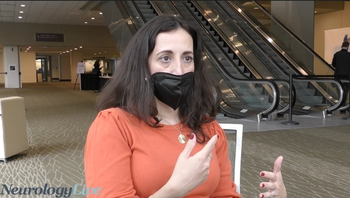
The professor of neurology at NYU Langone Grossman School of Medicine broke down the knowns and unknowns about long-term changes related to COVID-19, their legitimacy, and associations with neurodegenerative disorders. [WATCH TIME: 6 minutes]


